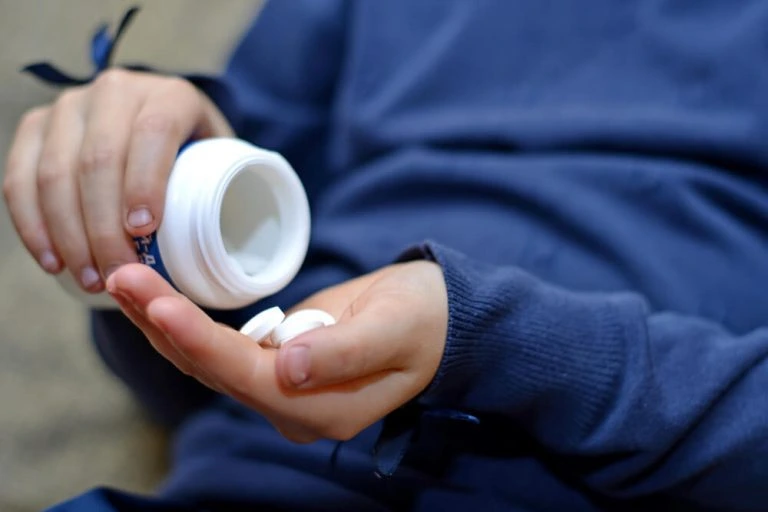Postoperative Opioid Addiction: 5 Fast Facts
One of the most commonly overlooked addiction issues in the United States is postoperative opioid addiction. Part of the reason for the problem is that people are so focused on the surgery itself that they never even consider the possibility of opioid addiction after surgery. However, the reality of matters in the United States is that opioid abuse and addiction is on the rise. In fact, in some areas of the country, the numbers have more than doubled. Whether you are a recovering addict already or you are concerned about the possibility of developing an opioid addiction after surgery, get to know a few fast facts about postoperative opioid addiction so you can be sure you have all of the best information possible.

Familiarize yourself with these 5 facts about postoperative opioid addiction
Fact #1: Anyone Can Develop a Postoperative Opioid Addiction
First and foremost, anyone no matter their addiction history or lack of it can develop a postoperative opioid addiction. Opioids are potent and powerful drugs which is why they are so often prescribed in postoperative care. They provide swift and effective pain relief. However, because the drugs are so strong, it can also be quite easy to develop a dependence.
Fact #2: Opioids Have Other Effects Besides Pain Relief
One of the reasons that opioids are so addictive is that these drugs do not just have pain relief effects. Opioids also cause a strong and swift wave of euphoria as well as a sense of complete and utter relaxation. And not only do opioids relieve pain, but essentially make a person virtually pain-free by blocking pain receptors throughout the body. These potent effects, particularly the euphoric feeling, can be highly addictive, both emotionally and physically.
Fact #3: People with Existing Addictions are More Susceptible
The unfortunate truth is that while opioid addiction after surgery can happen to anyone, a person that already has an addiction to another drug or to alcohol can be much more susceptible to developing a postoperative opioid addiction. This is because the brain has already been wired for substance abuse and addiction once and it is easier for the brain to do so again.
Fact #4: Recovering Heroin Addicts Should Never Use Prescription Opioids
Prescription opioids are drugs that come from the same original source material as heroin. Opiates are all derived from a white, milky substance found in the seedpods of poppy plants. Because they are the same types of drugs in different forms and formulations, a person who is recovering from an addiction to heroin should never under any circumstances use opioid pain medications, even after a surgery. These drugs interact with the brain cells in the same basic ways and can cause tremendous harm to addiction recovery.
Fact #5: There Are Alternative Forms of Post Op Pain Management for Recovering Addicts
One of the little-known facts about post op pain management for recovering addicts is that there are alternatives to opioid pain medications both in the hospital and after a person returns home. In fact, there are some medical professionals that do not believe opioids are the best form of pain management because they block out pain so completely.
When a person cannot feel any pain at all, they may not be able to tell if something is wrong such as the development of an infection or the tearing of stitches. Using non-steroidal anti-inflammatories and over-the-counter pain medications like acetaminophen and ibuprofen can help manage pain without addictive side effects. If a prescription opioid medication is absolutely necessary (because of a major surgery and/or severe pain), a recovering addict should never go home with a bottle of medication. The medication should only be given by the doctor in the minimum effective dose and there should be no opportunity at all for abuse. As soon as the pain has lessened enough, the patient can then be switched to alternative options.
With these fast facts about postoperative opioid addiction, you can be sure that you avoid developing an opioid addiction after surgery.






